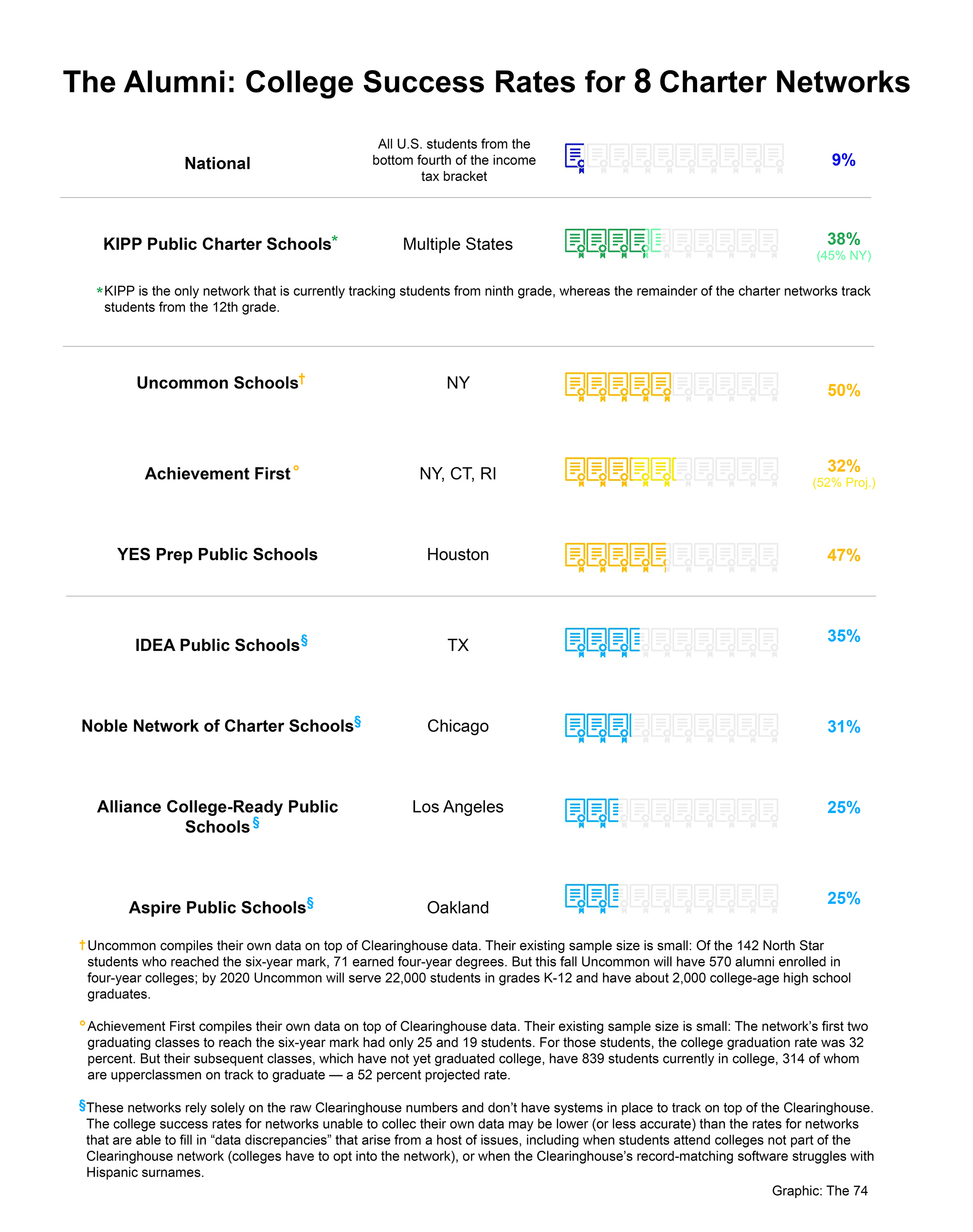I graduated from high school in 1999. Since then, I have had few interactions with anyone who works for my alma mater, and none in any formal capacity. No one called a year later to see if I went to college. No one checked to see if they could offer me any career support. I didn’t expect them to. They had done their job. I had graduated high school, and that was that. I suspect this is the case for most high school graduates.
When you have always come to expect something done one way, it can completely rock your world when you see someone doing it differently. That was the case when I visited KIPP Delta, a charter school in southeast Arkansas, midway through my doctoral program. I spoke with a staff member who told me about their mission to get students to, and through, college. The school was using business software to manage contacts with graduates and ensure that each student would have a KIPP staff member following up with them periodically post-graduation. Graduates within a certain distance would even receive a visit from someone from KIPP.
When I heard this, my first thought was, Why hadn’t my school done something like this?
Recently, The 74 reported that just 9 percent of students from the bottom fourth of the income distribution graduate college within 6 years. For a number of charter school networks, however, that figure is significantly higher. Nationwide, 38 percent of all KIPP graduates go on to graduate from college within six years. That’s more than four times the national average!

I’m sure it isn’t just KIPP’s post–high school follow-ups that have led to this dramatic increase in college graduation; KIPP schools also appear to provide their students with a firm K-12 foundation. Whatever they’re doing, it seems to be working.
Yet, in Missouri we continue to restrict where charter schools can open. Both my experience visiting KIPP Delta and the evidence presented here suggest that we would be wise to remove these unnecessary restrictions. Doing so could help more of our students from low-income families get their college degrees.
For more information, read: “Charter Schools: Do They Work?” by Michael McShane.





